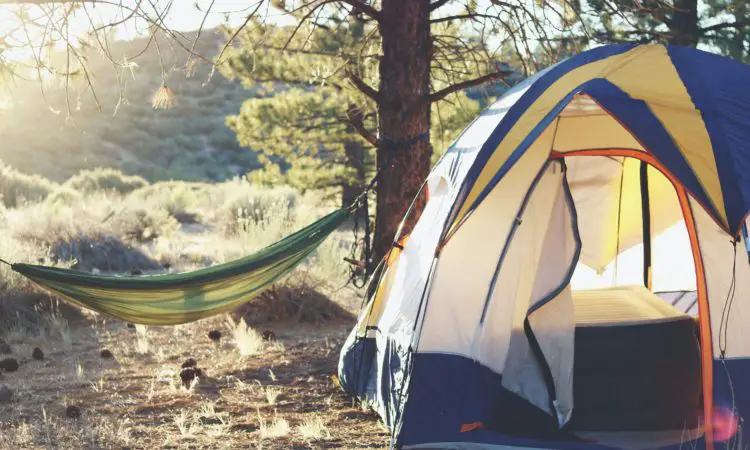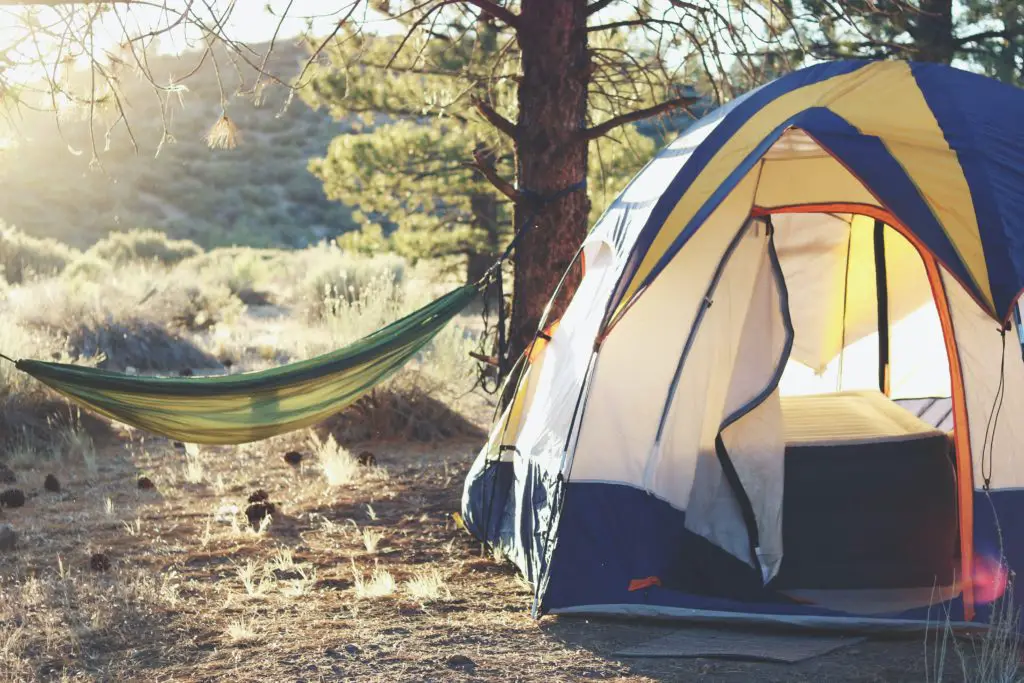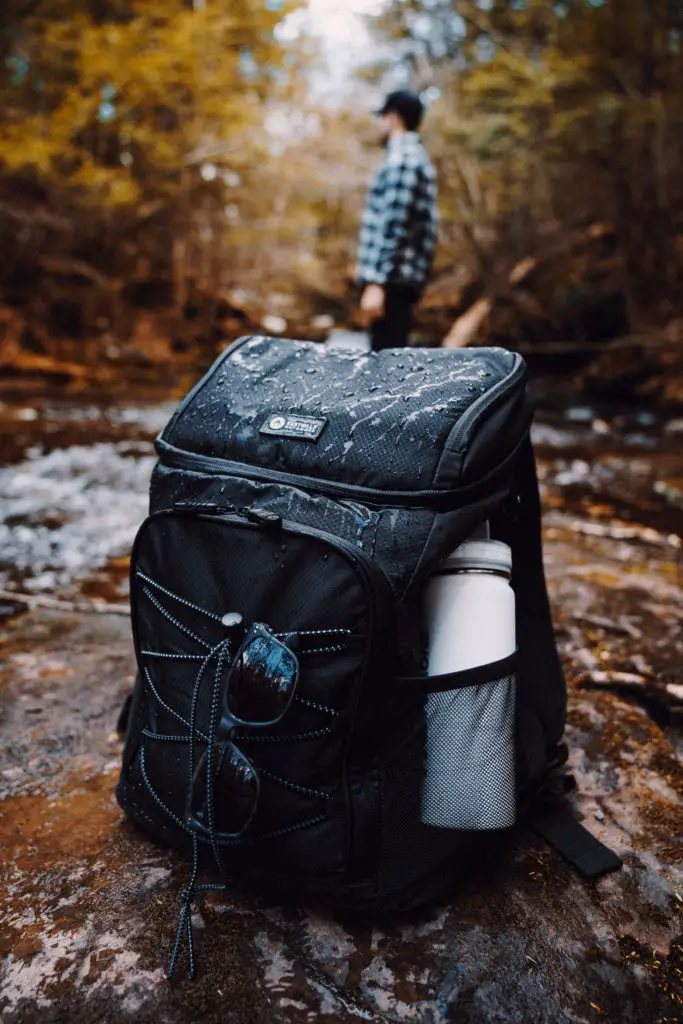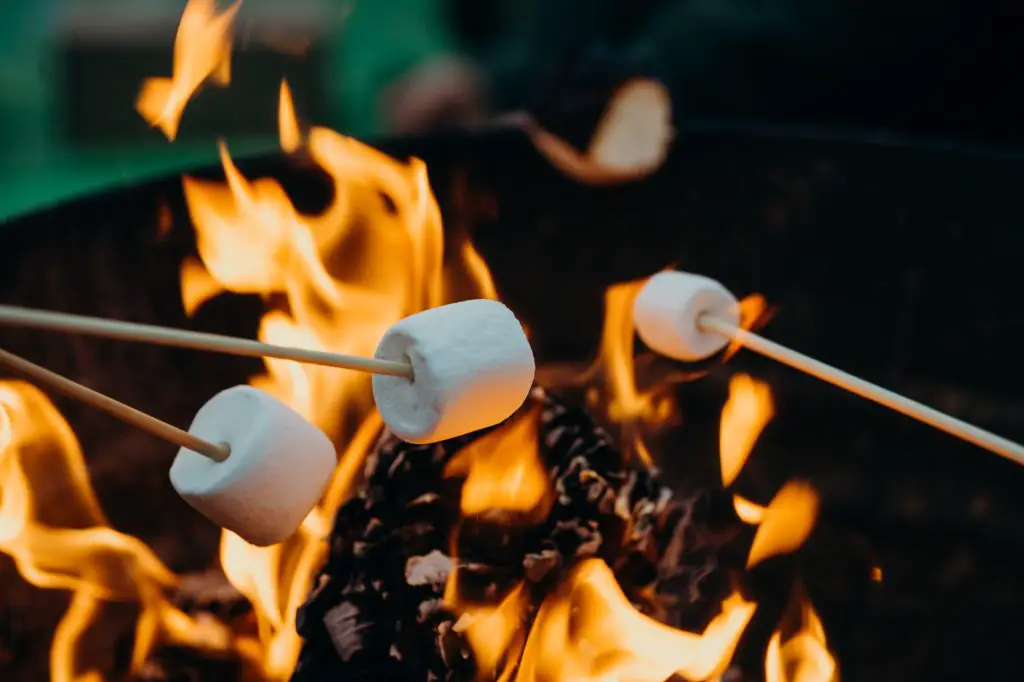
You may be apprehensive about sleeping in the great outdoors. Maybe you live in a big city and just have never had the time to take a trip. Additionally, maybe it all sounds too overwhelming. Where should I camp? What should I take? Is it safe? These are some of the questions that may be swirling about your head.
However, if you’re looking for some downtime from the rat race and want to connect with nature. There is no better way than living among the flora and fauna of the forest. The sights and sounds will immerse you in an experience that can be life changing and introduce you to an activity that you may want to do more of.
The name of the game is to take it slow and don’t dive in deeper than you should for your first trip. Taking some of these provided tips will ensure that you have an enjoyable and comfortable time in the great outdoors.
There are various types of camping. RV camping, yurt camping or glamping and of course, tent camping. For the purposes of this article, we will focus on tent camping. This is the best way to get into nature and is a departure from the norm.
Contents
Where should I camp?
There are 13,000 public campgrounds in the U.S. and Canada. Mountain tops, tree-lined forests, vista views and even beach camping are all for the taking anywhere in America. However, if this is your first time camping, you may want to choose somewhere that is closer to home. In addition, try to also choose a campground that is accessible to a town or city so that forgotten supplies can be easily accessed.
State and National Parks are a great place to start. Most will have facilities such as running water, toilets and electricity. The bonus is that the scenery and activities in these parks are usually top notch and can introduce you to the best of the great outdoors. The key to getting a good spot, especially at peak times such as summer, is to reserve your spot early. Decide what you want to do during your camping trip and go from there.
ReserveAmerica.com is a great place to search available campgrounds near you. Your state will also have a website that will include all state and local parks available, so do an internet search to narrow what is available near you.

What should I take on my first camping trip?
The choices for camping gear leave you with wide availability and a diverse selection. However, if this is your first camping trip you may just want to test the waters before you dive into an investment that can take you into the thousands. You can camp humbly or with all the latest gear and accessories on the market.
My advice is to borrow and beg before you buy. Chances are, you have friends that took that great camping trip in Glacier last summer, or your uncle has a tent that is perfect for four. See what is available to you before you go to your local adventure retailer. You might find that you don’t need to spend much to fill in the gaps.
This is what you’ll need to be comfortable and prepared:
- Sleeping Pad
- Sleeping Bag
- Tent
- Pillow
- Stove of cast iron skillet to cook over the fire
- Lantern
- Cooler
Everything else is just a luxury. You can bring cutlery, plates and pots and pans from home. Ensure you bring all the other necessities for cooking and set up that you probably already have at home. No need to buy the specialty camping sets just yet.
You can also rent from retailers that will send you a kit that has everything you need for a night outdoors. You can get everything on the above list as low as $20 per day, sent to your home. When you are finished using the kit, simply send it back in the mail. It doesn’t get more convenient than that!
What should I wear?
This depends on the weather and climate you will be camping in. You may live in a balmy 80 degree climate like San Diego, but camping in the mountains will have you zipping up a parka at night with temperatures that require a campfire to keep you warm.
If you will be in a hot climate, dress appropriately. If you will be in a cooler climate, you should bring long underwear, wool socks, a fleece sweatshirt and a jacket or parka. You may even need gloves to keep you toasty.
Certain times of the day, even if it gets cool at night might mean a variety of insects may invade your space. Protect yourself with a good bug spray that contains DEET to ensure you don’t get bitten.
Remember your bathing suit. You never know if you might come upon an unexpected swimming hole or waterfall. Sunscreen, sunglasses and a hat are essential for any hiking you might do while you are exploring the campground or surrounding areas.

What meals should I make while camping?
For breakfast, some yogurt and granola can carry you through to lunch and are easy to pack and keep well. If you feel like cooking over an open flame, eggs, cheese and sausage on a bagel is easy and quick.
Lunch can be as easy as a tortilla filled with ham, cheese and lettuce. You can also prepare a side salad before the trip and keep it in the cooler.
I love to plan ahead and make some things that only require dumping into a bowl as a recipe. My favorite go-to is a big gallon sized bag of pasta salad. You can make it before your trip and it gives you a dose of healthy veggies and carbs and protein if you pack it full of all things good for you. Check out camping recipes on the internet or on YouTube.

What are some tips that I should know as a first time camper?
Give others space
Most campgrounds will have designated sites for you to claim if you haven’t already made a reservation. But if it’s a ‘free for all” make sure you claim a spot that gives other campers space. Make sure you aren’t impeding their view and ensure that you won’t have to walk through their site to get to yours. This policy keeps the peace.
Quiet. Be one with nature.
Remember that you are not alone. Other campers may be sleeping or trying to relax. Keep unnecessary noise or loud music to a minimum. There will usually be “Quiet Hours” posted. You don’t want to get a visitor from a ranger late at night asking you to quiet down. Everyone wants to experience the sounds of nature.
Pick up your trash.
Keep your campsite free of trash and ensure it’s neat and tidy. This helps you keep organized so you know where everything is when you need it. It also is courteous to other campers. Make sure you practice a “Leave No Trace” policy and leave your campsite nicer than how you found it when you leave.
Only use local firewood.
Avoid bringing in firewood from other places. This brings in insects and pests that may not be indigenous to the area. This can throw off the balance of the ecosystem and harm animal habitats and habits.
Practice campfire safety in your campsite.
Don’t build a huge bonfire and make sure ALL embers and coals are out cold before you go to sleep. Make sure you know all the rules and possible bans for campfires. These are posted on kiosks at the park entrances, but you can also ask park rangers if you are not sure.
Practice good pet etiquette.
If you are bringing a pet, make sure they are on a leash at all times, not left alone at the campsite and don’t bark incessantly. It is essential to clean up after your pet and dispose of his waste in a nearby receptacle.
Moving out of your comfort zone can be an eye opener and very rewarding. If you have never been an “outdoorsy person” or you are a little squeamish when it comes to bugs, give it time. The more you spend outdoors, the more you will see that there really isn’t anything in which to be frightened. After your first go around, the fear of the unknown will dissipate and you will be ready for your next trip.

